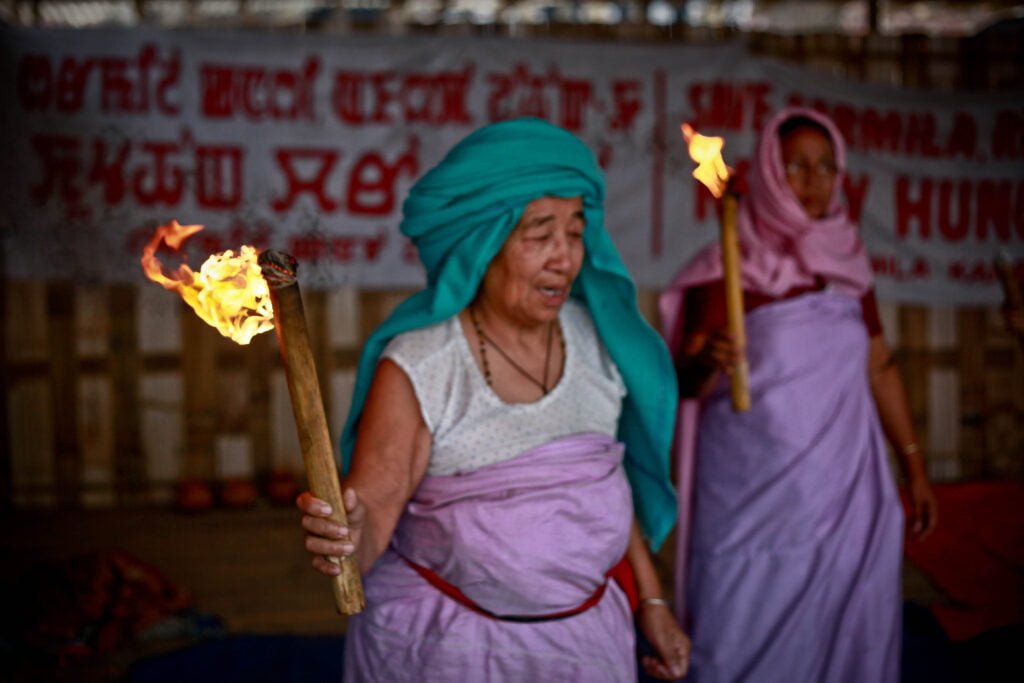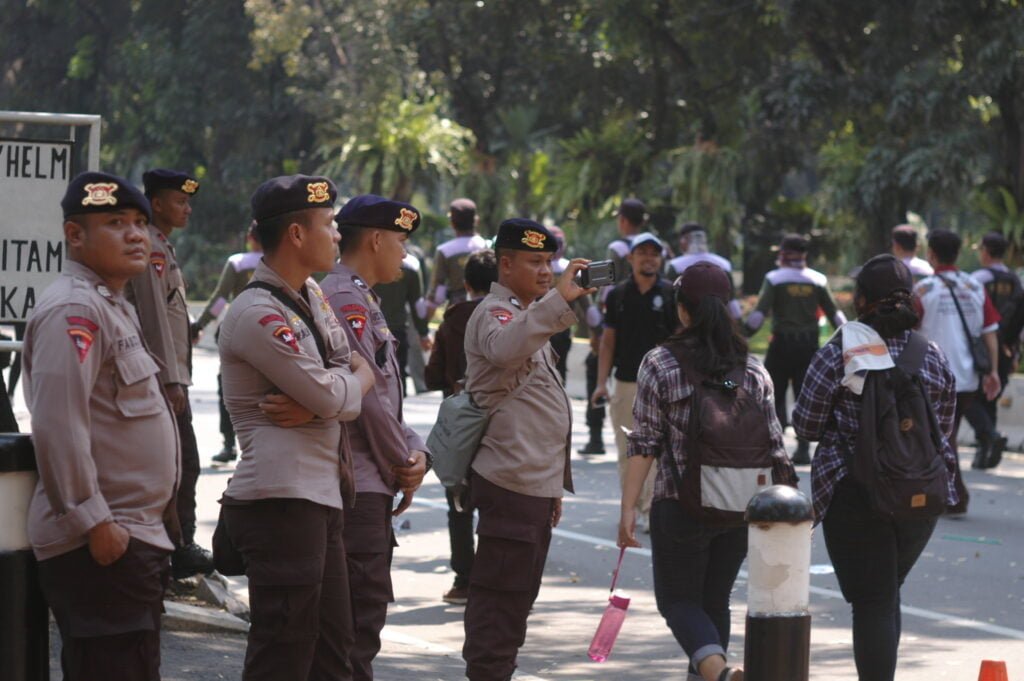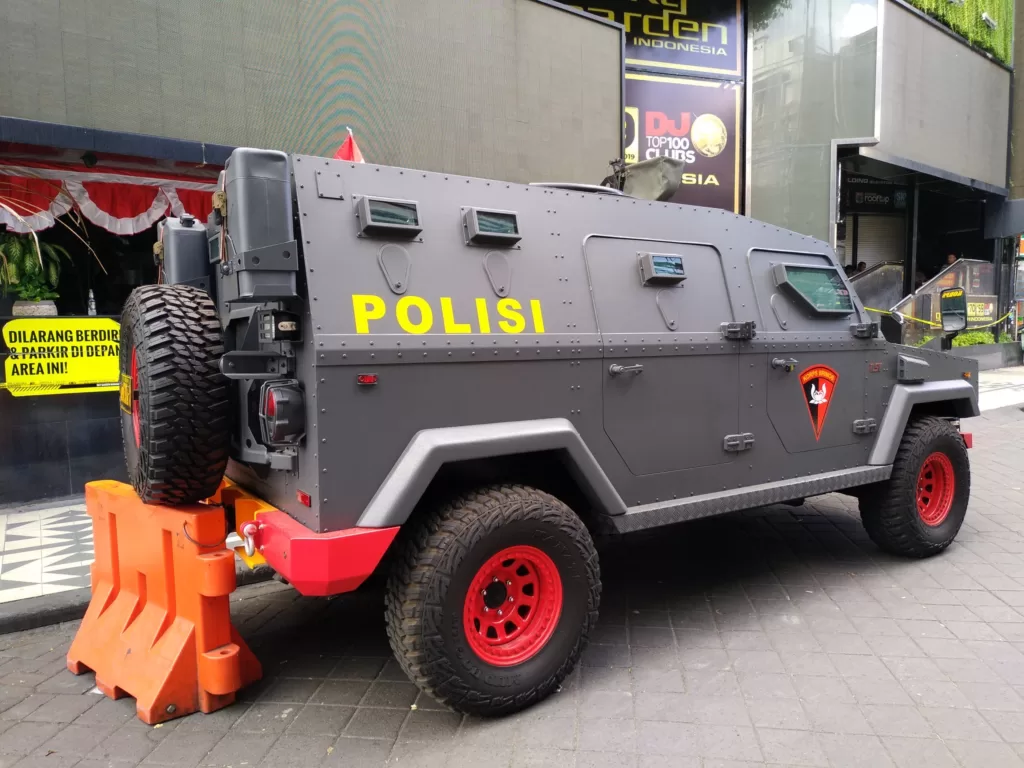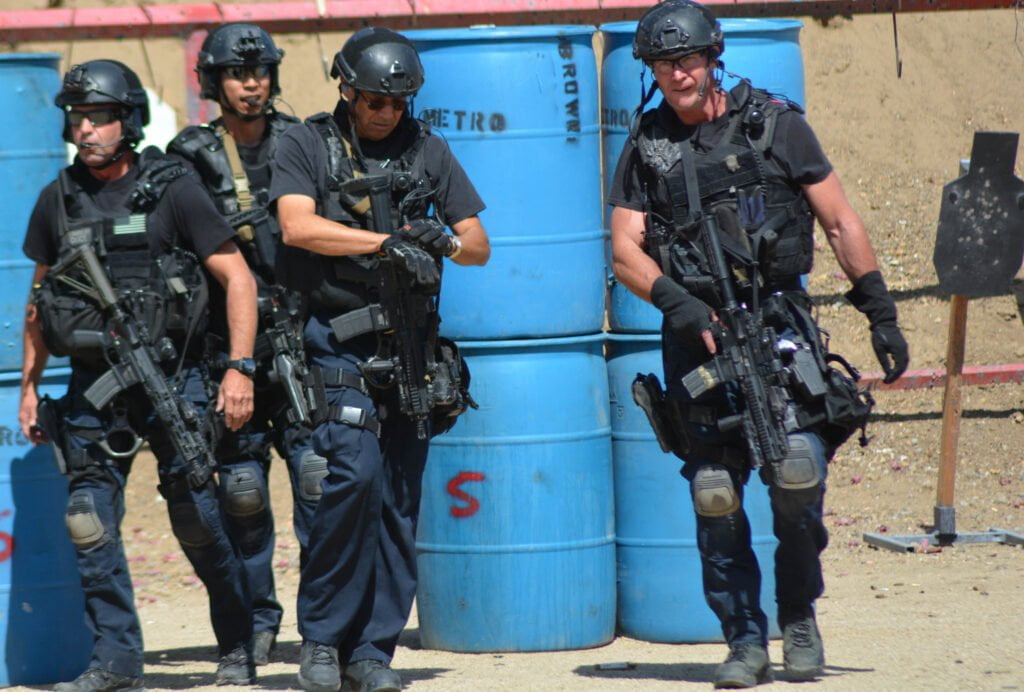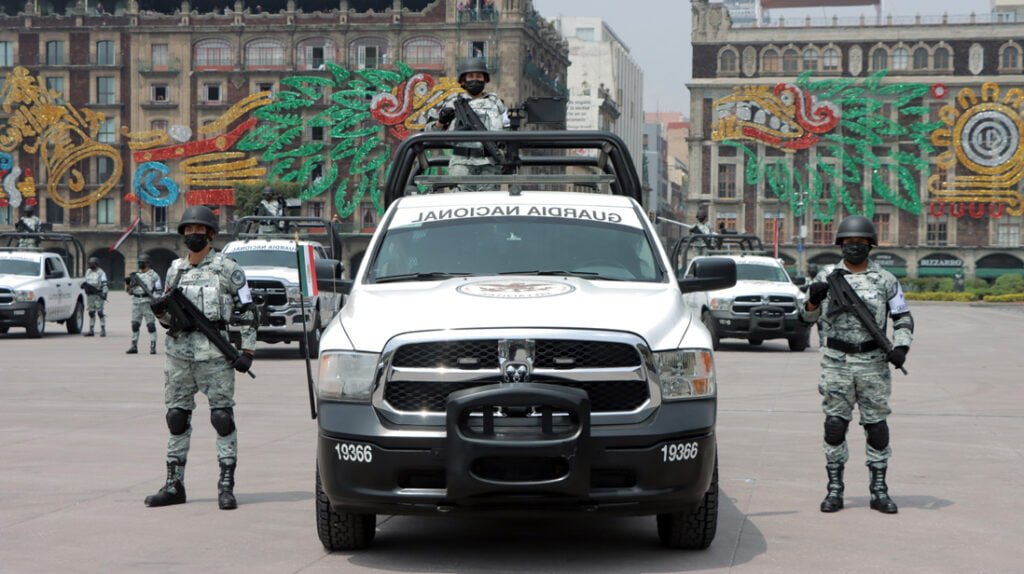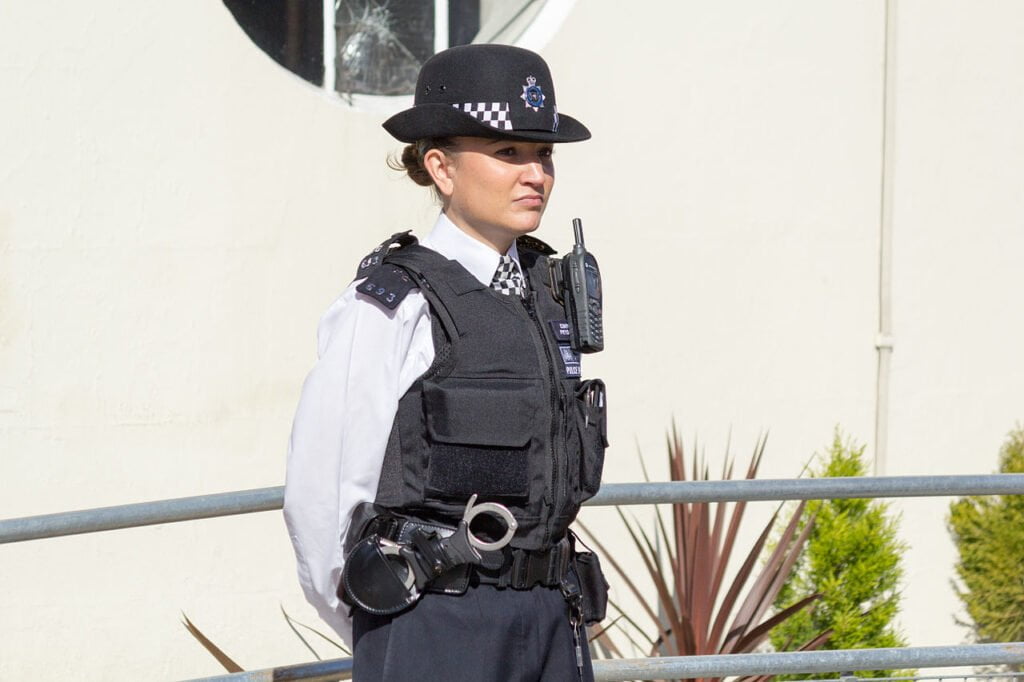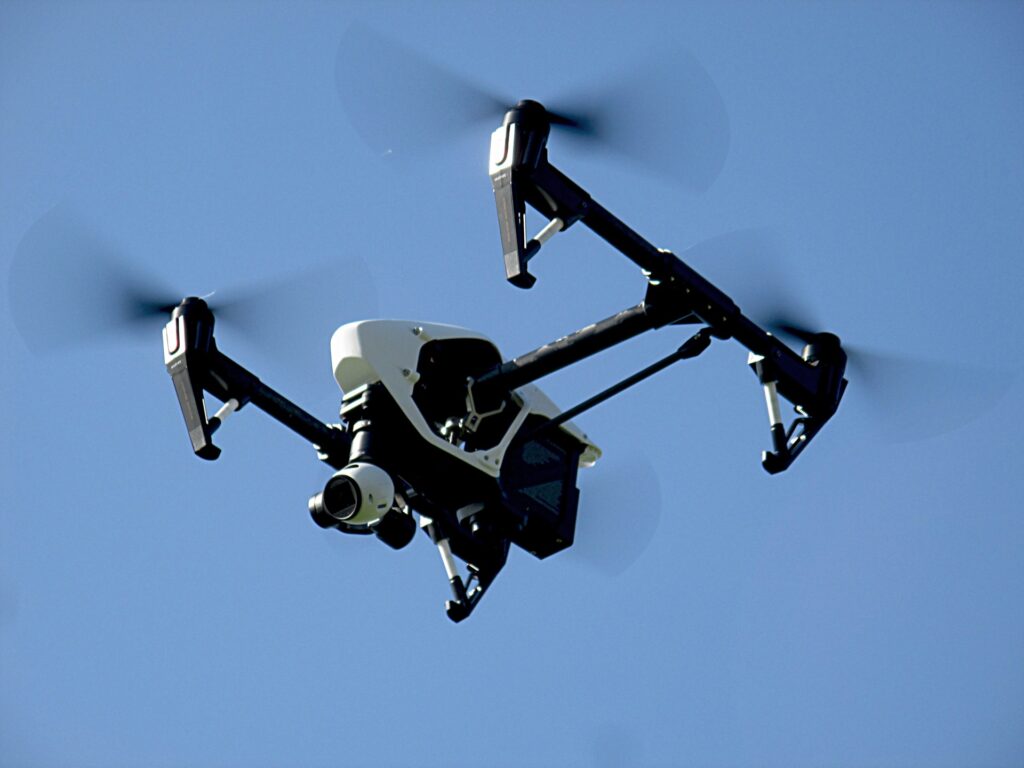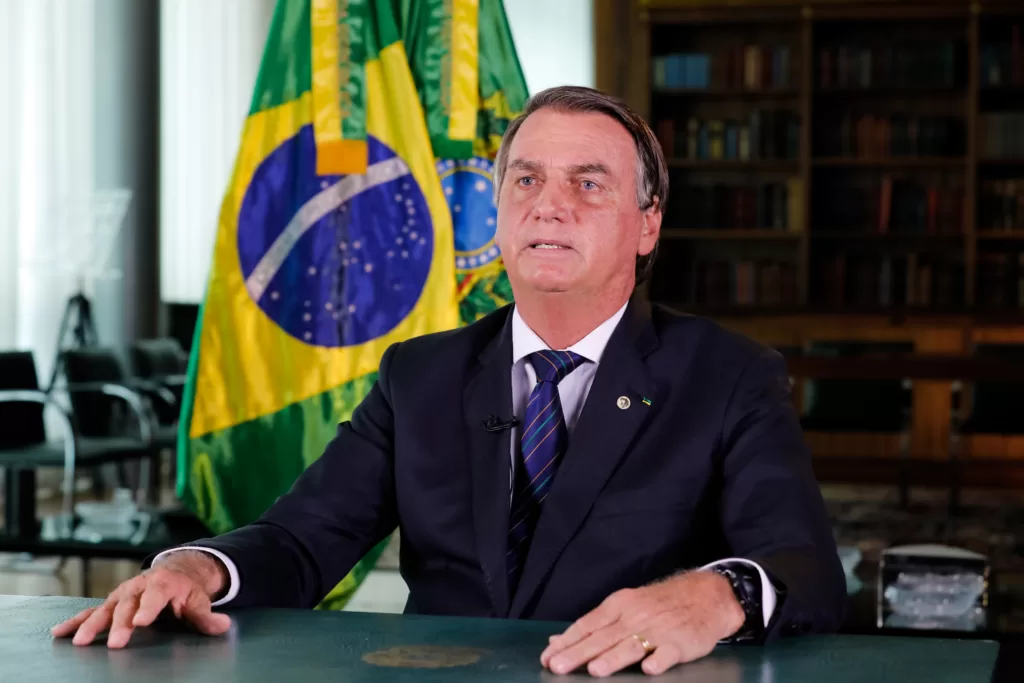The history of police shows that policing does not need to be done in the same way it is now and that it can perhaps be undone.
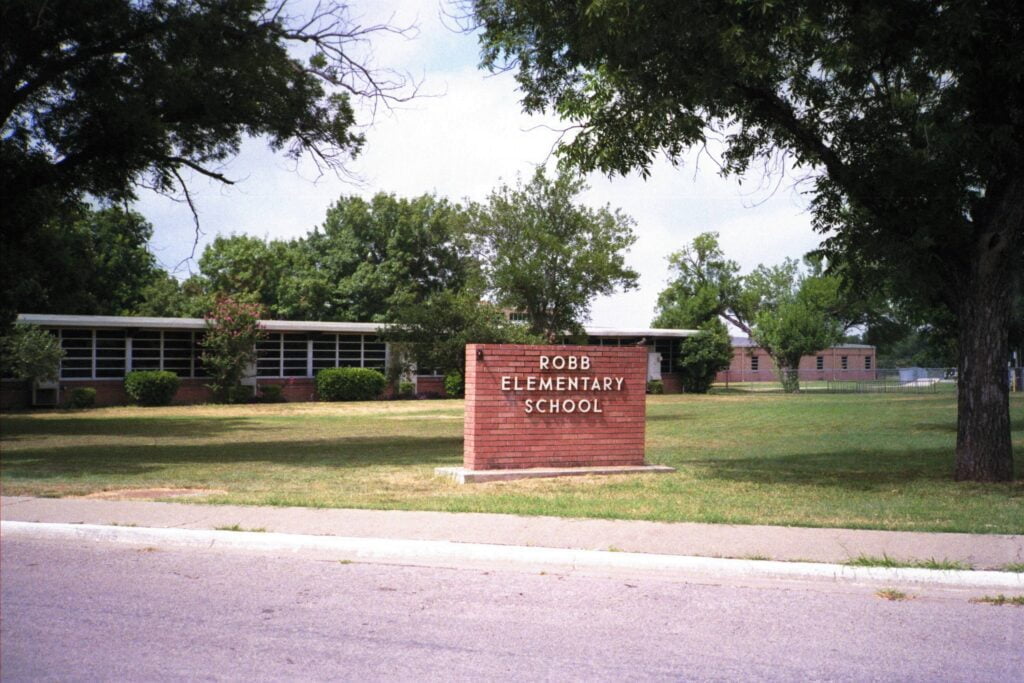 60 police waited more than an hour outside this school, despite reports of an armed man killing children inside : Don Holloway, Wikimedia CC 2.0
60 police waited more than an hour outside this school, despite reports of an armed man killing children inside : Don Holloway, Wikimedia CC 2.0
The history of police shows that policing does not need to be done in the same way it is now and that it can perhaps be undone.
“Please send the police now”. This is certainly a horrific message for anyone to read, but this particular text is especially troubling. It was sent by student at Robb Elementary School in Uvalde, Texas on Tuesday, 24 May 2022. Writing this message from inside the school, the student was calling for help in response to an active shooter. The gunman eventually killed nineteen students and two teachers, and wounded seventeen others.
The school shooting at Uvalde was catastrophic. The psychological trauma of struggling to make sense of what exactly has happened in this event, what allowed such horrific acts to be perpetuated, and how to continue after such a tragedy, is an impossible task for any community. But this violence was magnified in ways that distinguish it from other mass shootings: sixty officers assembled outside the elementary school in response to calls for help; and yet, for an hour and seventeen minutes, these officers did not intervene.
The incomprehension from the community at this failure of the police to act can, however, be explained by an understanding of contemporary policing.
Policing is a learned set of activities, produced through education in academies and approved professional courses, as well as through workplace instruction and culture. Learning policing provides for standardisation of tactics, monitoring practices, and preparing police for the work that their profession entails. We may not often think of it this way, but ‘the police’ are a complex array of sociological phenomena with an evolving history. Today police are members of the public, employed by the state, to uphold and enforce the law. When we speak of police now, we may imagine the figure of the uniformed officer. This officer comes with an association of their history, their purported authority, and the function and activity of their work. But, as with most professions, the tasks and activities that make up their present work may not have always been a part of that labour.
Policing has a long history in modern states. In the past, police have built roads or conducted census reporting. As new elements of policing emerged, so too did new practices and a new culture of police work. It evolved to include the recording of crimes after they had been committed, and beyond, to the detection and prevention of criminal acts. Contemporary policing now includes such ‘violence work’ and, while it comprises very little of the actual daily work of police departments on the whole — with most estimates suggest it is between 5 to 8 percent of actual police labour — it is that aspect of policing which has drawn prominent attention from recruiters, the media, scholars, reformers, and abolitionists.
Violence work comes with certain risks. Being paid to enter dangerous situations, facing physical or psychological harm, requires significant training. But because it is also paid work, those who engage in it rightly have demanded training and protections from the risks these harms pose. And these demands have thus shaped police work along very specific martial pathways.
The profession of policing has evolved along militarised lines, where the patrol has taken on key aspects of the squadron and the platoon. Military units learn to protect themselves, and in addition to tanks, assault weapons, and amour, a key aspect of training has emerged. In what is now commonly referred to as the “first rule of law enforcement,” the primary objective of police work is to complete the work, finish the day, and return home safely. In other words, the police are trained to protect themselves and other police first. Their concern for safety, and the safety of their fellow officers is of course understandable: how can police do their job if they aren’t keeping themselves safe?
But this logic also creates an important tension. Police are paid to encounter harm, so what effect does the primacy of the protection of police produce on police themselves and on the communities they patrol?
Crucial to this violent work of policing and the shifts in structure it has produced has been the important question of who police work is for. When a child sends a text message calling for police help to stop a gunman shooting students in a school, communities have a legitimate right to expect police assistance. But the way policing has evolved has perpetuated its own narrative about the importance for police to protect themselves.
Once, police forces were primarily volunteer services, parallel to volunteer fire departments. As policing became more professional, an unforeseen consequence has been police becoming separated from the communities they patrol. That separation has disproportionate consequences in communities where racial and class differences exist. Indeed, the conflict between ‘black lives’ and ‘blue lives’ manifests through this separation.
The history of policing highlights one crucial fact: policing as an activity can change. The militarisation of police is not simply a result of increased availability of weapons or techniques, nor is it inevitable. As policing has become more ordered, and more professional, it has also sometimes become separated from the communities police were designed to protect and serve. The rise of police violence could be reduced by changes in police education, but also in police work itself. Mutual aid practices between community members can shift policing entirely, from violence work to health work and social work. And in so doing, policing could transform from a separate force outside or against communities, to the work of communities for themselves. This change requires an important unlearning of policing for all of us.
Andrew Poe is associate professor and teaches social and political thought at the Australian Catholic University, Sydney. He declares no conflict of interest.
Originally published under Creative Commons by 360info™.


